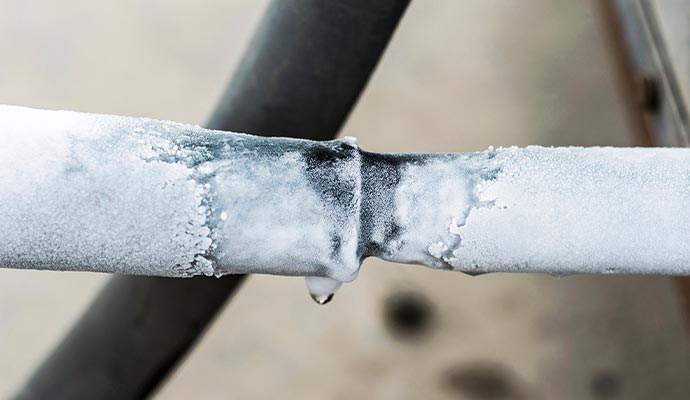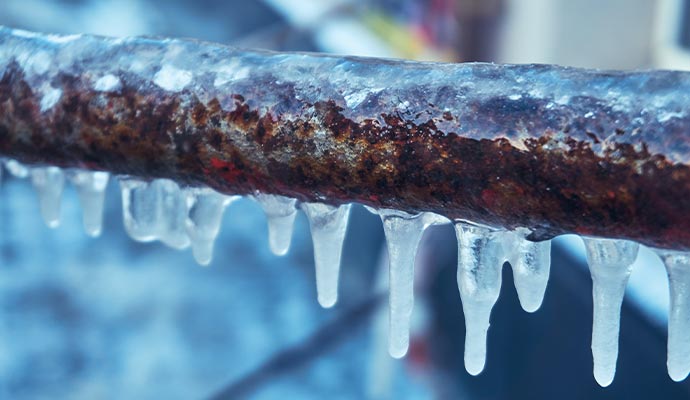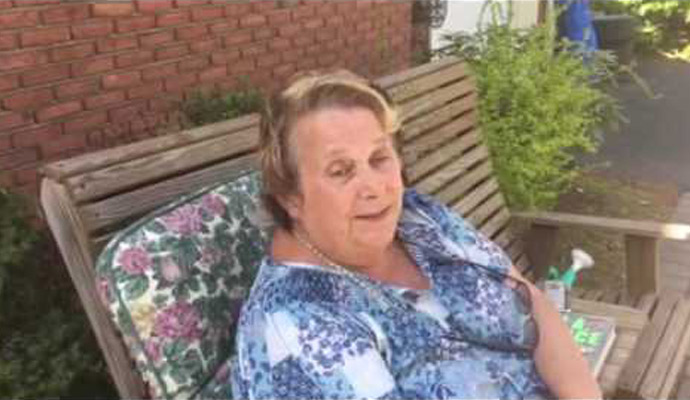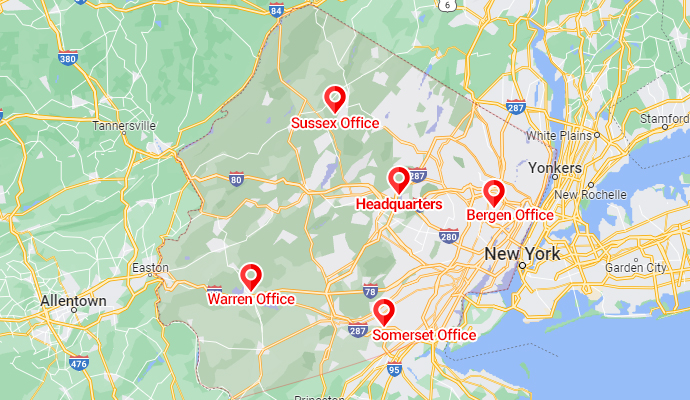Frozen Pipe Prevention Tips
During the winter, it is common for water pipes to freeze and then explode. When the temperature falls, the frozen pipe may explode, and the water damage that results can be severe.
But there are steps you can take to prevent frozen pipes, ice blocks, and other problems. Even though maintaining warm pipes can increase your heating costs, it is worth it to avoid frozen pipes.

What Are the Signs of a Frozen Pipe?
You can take action to lessen potential harm and aid in melting the ice blockages if your pipes are frozen. Signs you will find if the pipe is truly frozen_
- Frosty Surface: Check to see if any frost has formed on the surface of any exposed pipes in your system. If it has, your pipe most likely has frozen.
- Smell: It is possible that a frozen pipe has caused a strange or unpleasant smell to emanate from a faucet or drain. If ice has blocked your pipes, the only way that the smell will escape is through your home.
- Lack of water: Lack of running water is one of the most evident indications when a pipe has frozen. If you find that water is not flowing properly in the winter season, there is a huge possibility of an ice blockage in the pipe.

Tips to Prevent Frozen Pipe
- Insulating Pipe: The cost of pipe insulation is very affordable compared to the cost involved in repairing a ruptured water line. When insulating your water system, pay particular attention to pipes that are located in non-heated parts of your house, like the basement or garage.
- Faucets drip: Your plumbing's movement will help avoid ice buildup if you simply leave a few faucets open.
- Adjustable thermostat: Maintaining the same temperature on your thermostat throughout the day and night is one of the greatest strategies to avoid ice blockages.
- Heat: Decreased temperatures may result in lower heating costs, but it can be disastrous if they cause your pipes to freeze and burst. Your pipes are best protected at temperatures of 55 degrees or higher.
- Heating tape: To help keep the pipe warm, you can place electrical heating tape directly on it. It can be particularly useful for pipes on basements or other unheated or outdoor settings.
- Crawl space: Crawl spaces can be covered to lessen the amount of cold air that surrounds your pipes. Use foam pieces that have been cut to the vents' dimensions to seal your crawl space.
Count on PDQ Fire & Water Damage Restoration for Frozen Pipe Prevention Services
In the event that you notice frozen pipes, or any signs of it at your house, you will need to take steps to prevent damage. PDQ Fire & Water Damage Restoration may be the best solution for you at that moment.
Our IICRC-certified technicians provide frozen pipe prevention services along with other water damage restoration services like burst pipe restoration service, water pipe break restoration, plumbing leak damage restoration service, etc.
If you live near Sparta, Morristown, Boonton, Randolph, or within our Northern New Jersey service area, then contact us for our services. Call us at 973-447-3363 or click here to know more about us.
















